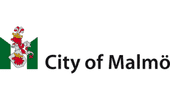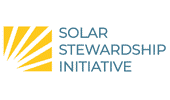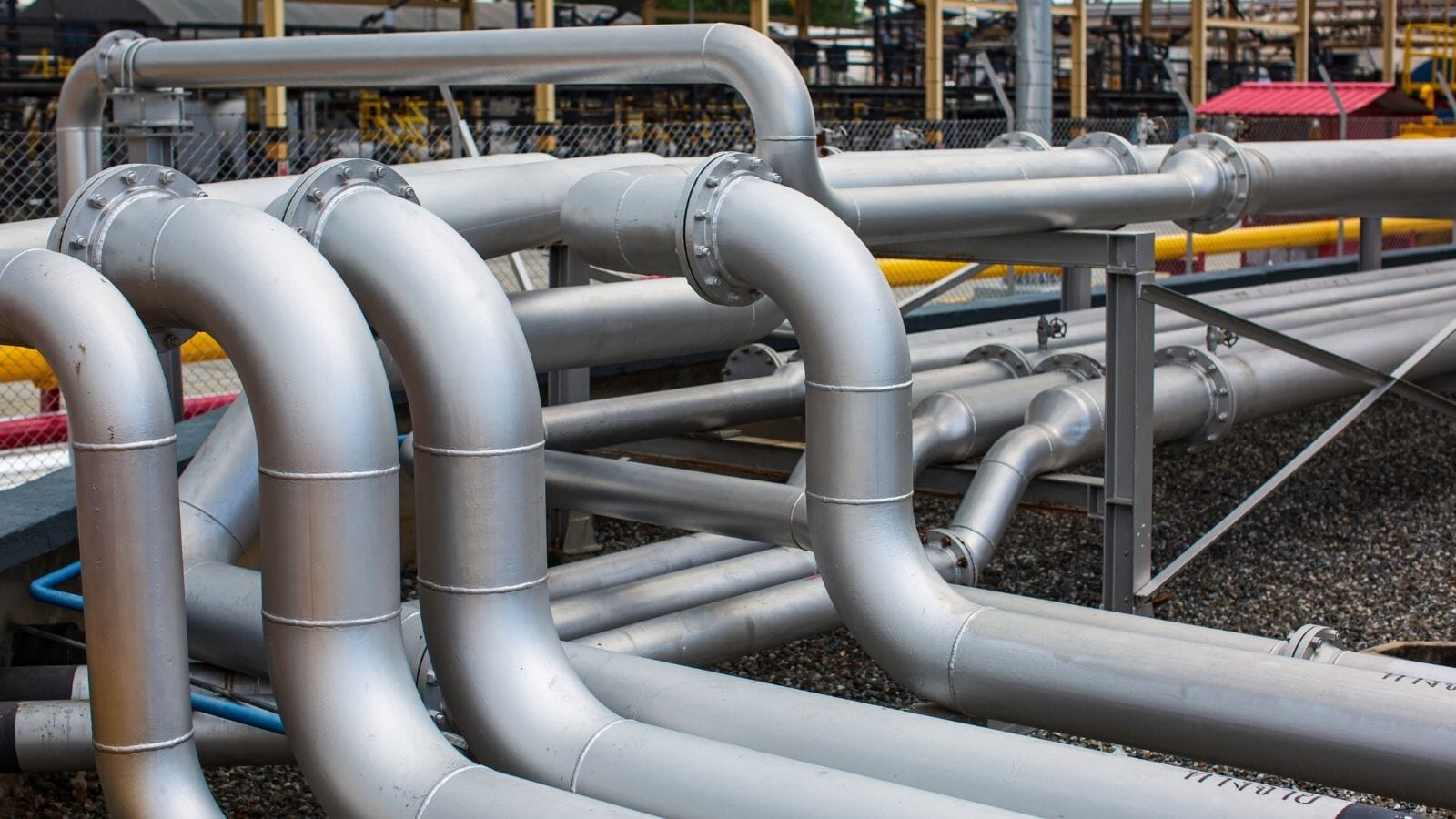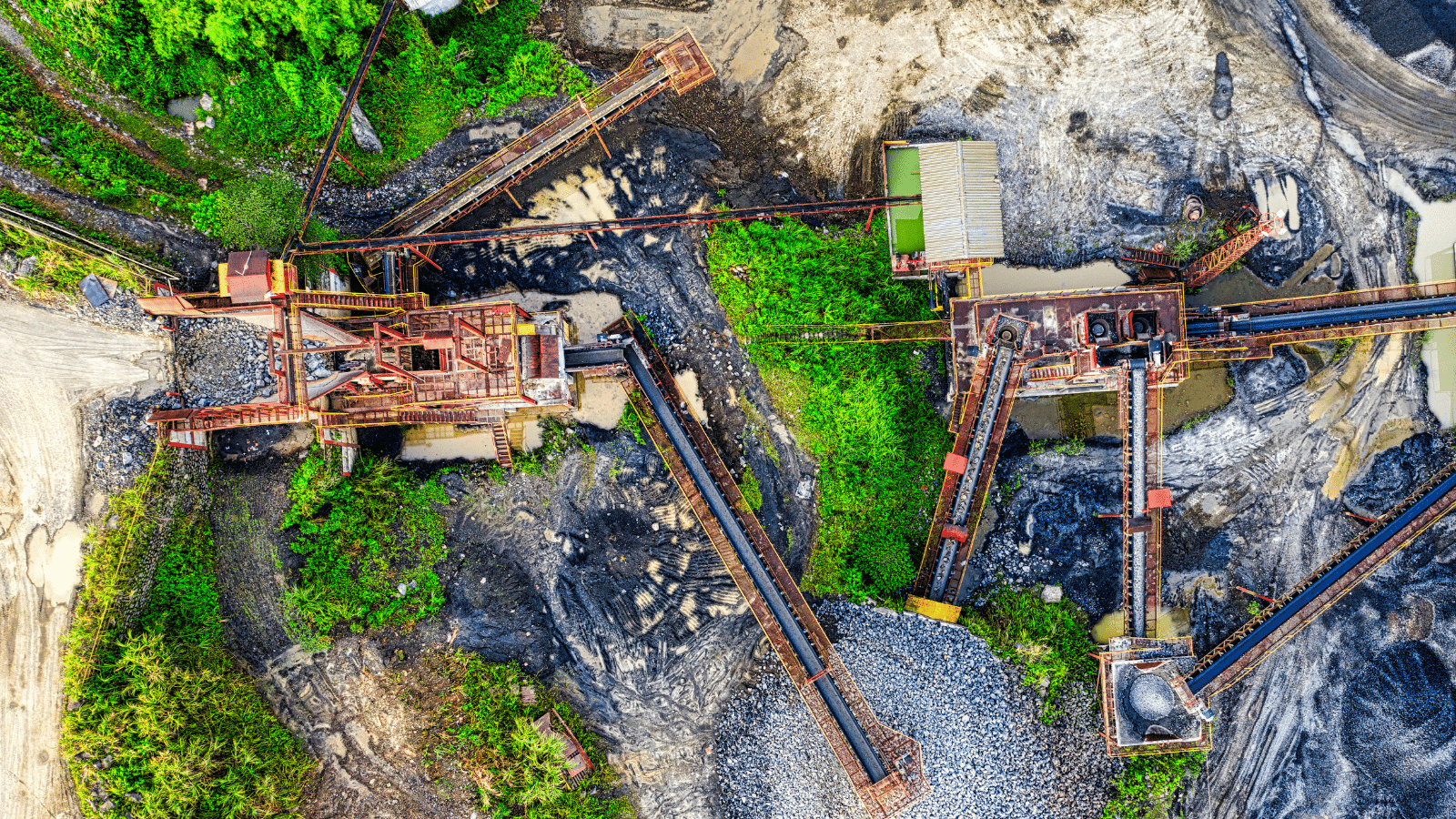Proud to have worked with:
The challenge this presents for producers is broad. Localised ESG impacts must be minimised, resource use must be sustainable, supply chains need to be resilient, and fundamental decisions must be made on how and where to extract the materials that are critical to the clean energy transition.
How our services support the renewables sector

Human Rights Strategies
By leveraging our human rights strategies and Human Rights Impact Assessments (HRIAs), companies can ensure compliance with sustainable business regulations.
Case study: Development of a Human Rights Impact Assessment in Nicaragua
Our team members are also experts in the intricate process of Free, Prior and Informed Consent (FPIC), which safeguards the rights of Indigenous people and requires firms to consult and cooperate with Indigenous communities before initiating any project that could affect their lands, livelihoods, or cultural heritage. This involves detailed negotiations, transparency, and a deep understanding of local cultures and legal frameworks.

Community engagement and social impact strategies
Our community engagement services offer comprehensive solutions to help organisations define their sustainability ambitions, build a business case, and develop a strategy that aligns with the latest legislation, regulations, and sustainable initiatives.
We can help build social acceptance through the development of stakeholder management plans, social impact investment strategies, human rights initiatives and community relations programmes.

Strategic communications
We work with organisations across the clean energy value chain to communicate the data behind the work that they’re doing. Whether you’re looking for data analysis and report writing, to run a webinar, develop a podcast, or communicate the work that your company is doing to mitigate the risks in your renewable energy supply chain, TDi’s technically led communications team can develop the creative and engaging solutions that you need.

Training and capacity building

Industry leadership
TDi has cross-industry expertise in bringing together disparate organisations in a non-competitive environment to engender industry-wide change. The greatest impetus for change builds when companies with a common purpose – such as buyers of clean energy – act collectively. Coordinated action and ESG expectations from buyers can ensure consistent messaging to suppliers and allow buyers’ resources to be pooled and target improvements more effectively. This in turn ensures that suppliers can more easily and efficiently demonstrate how they are meeting buyers’ ESG expectations.
The Solar Stewardship Initiative (SSI) was set up by TDi in partnership with Solar Power Europe and Solar Energy UK. TDi Sustainability is a permanent member of the SSI secretariat. Get in touch to find out how we can help advance your renewable energy industry initiative.

Standard setting
The TDi team has been involved in developing and setting many of the standards in the responsible sourcing space. We’re ideally placed both to advise and work with you on the creation of standards, but also to evaluate and map the standards that apply to your operations and suppliers.
- Read about TDi’s work with Equitable Origin in the development of the EO100™ Standard.
- Read about TDi’s role in the development of the Solar Stewardship Initiative.

Due diligence
Supplier engagement is a critical aspect of supply chain due diligence. However, producers and consumers of renewable energy often face difficulties when trying to obtain supply chain transparency data from their suppliers. Through a combination of supplier engagement and data-driven contextualised ESG and CAHRA risk data, TDi enables you to gain a more comprehensive understanding of the risks in your supply chain. This approach is complemented by targeted auditing of higher risk suppliers through enhanced due diligence.

Regulation and standard mapping
With new mandates and guidelines emerging at both national and international levels every year around recycling, producer responsibility, labour and carbon emissions, to name a few, ensuring your company remains compliant can be overwhelming. TDi’s expertise and digital tools enables producers and consumers of renewable energy to proactively map the regulations and standards that apply to their operations.
Read more about TDi’s Standards and Regulations Tool

Risk mapping
TDi can help you to identify the risks associated with the materials in your clean energy technology supply chains – developing systems to measure and compare materials’ sustainability attributes and prioritising areas for mitigation. Using a combination of our expert knowledge and bespoke digital tools, we can evaluate and score your suppliers ESG performance using risk-based approaches

Second and third-party audits
As experienced auditors, TDi conducts audits against client-specific requirements, client codes of conduct and a variety of key sustainability, traceability, chain of custody and responsible sourcing standards., including:
- OECD Due Diligence Guidance for Responsible Supply Chains of Materials from Conflict-Affected and High-Risk Areas (CAHRAs)
- The Copper, Nickel, Zinc and Molybdenum Mark
- RMI Responsible Mineral Assurance Process (RMAP)
- EO100™ Standard for Responsible Energy Development
- UN Guiding Principles on Human Rights
- Responsible Cobalt Initiative
TDi is an authorised provider of advisory services to Solar Stewardship Initiative members
TDi can support members in achieving their sustainability goals in line with their commitment to the mission and principles of the SSI, ensuring responsible production of materials and continuous improvement of their ESG practices.
Get in touch to find out how we can help you
Creation of insights and reports
TDi’s data analysts and responsible sourcing experts produce insight reports and data-driven research and analysis for a wide range of clients.
TDi is known for its knowledge and data on ESG risks in minerals and metals supply chains – enabling industry-wide comparisons of ESG issues and their significance for the renewables sector. Get in touch with your research requirements.
Case studies:
- Working with the City of Malmö on a roadmap for ethical and sustainable EV batteries
- The TDi Material Change for Renewables report
Latest trends
Just transition and critical minerals
We can help you understand and address the ESG issues associated with the surging demand for land, minerals and new technologies required to facilitate the energy transition to net zero.
Stakeholder Expectations
Stakeholders and investors increasingly require evidence of strong commitment to improving ESG performance. We can help you identify and mitigate risk in your supply chains, and report and communicate improvements.
Forced Labour in Supply Chains
The solar industry faces significant scrutiny over the sourcing of materials from the Xinjiang region of China, where the Muslim Uyghur population has been subject to arbitrary detention and forced labour.
Energy Storage
The renewables market has seen investment growth in energy storage solutions. Next-generation battery technology is addressing grid stability challenges while long-duration storage systems are becoming essential infrastructure components as renewable implementation increases.
Hazardous Materials
The industry is shifting toward safer material alternatives as research indicates that end-of-life solar panels may contain harmful metals. Streamlined universal waste regulations are being developed to improve management and recycling of solar panel waste and provide clearer frameworks for handling discarded materials. These regulations also place responsibility across the value chain, requiring manufacturers to facilitate take-back and recycling services at no cost to consumers.
Industry Collaboration
Cross-sector partnerships are emerging to support responsible sourcing practices throughout renewable energy supply chains. Coordinated action from renewable energy buyers creates incentives for suppliers to meet sustainability expectations and is particularly effective when addressing issues such as critical minerals sourcing and labour rights across global renewable technology supply chains.


















